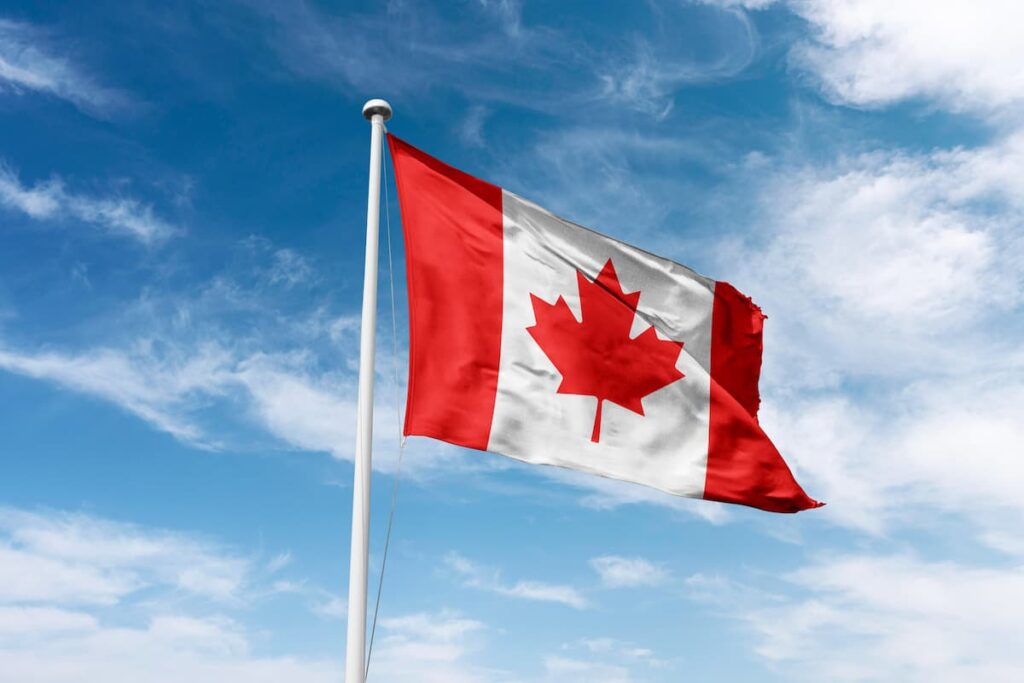Travel industry urges calm amid political tensions and boycotts.
As summer approaches, a surge of anxiety has emerged among some American tourists questioning whether they’re still welcome in Canada, amid rising political tensions and a growing Canadian boycott of the United States. While diplomatic rhetoric intensifies, Canadian tourism agencies are mobilizing with a unified message: American visitors are still warmly invited.
Tourism Industry Pushes Back Against Fears
The Eastern Townships in Quebec, known for its vineyards and French-Canadian charm, recently launched a CA$150,000 (US$109,000) ad campaign to reassure Americans. In the video, a bashful English-speaking tourist receives a hug from a French-speaking hotel receptionist, underscoring the region’s message of hospitality.
“We want Americans to know they are not only expected this summer, but truly welcome,” said Isabelle Charlebois, general director of Tourism Eastern Townships.
The need for reassurance is not unfounded. Since the escalation of Trump-era tariffs and inflammatory suggestions about making Canada the “51st state,” American travelers have grown more cautious. Social media threads are filled with questions like, “Is it appropriate for us to visit?” while some travel agents, like Melissa Curtin McDavitt of Fora Travel, report canceled trips over political concerns.
Tourism officials, however, are quick to draw a line between politics and personal interactions. “We really are ‘arms open’ to the world and our US visitors,” said Andrew Siegwart, president of the Tourism Industry Association of Ontario (TIAO). Yet he acknowledged that about one-third of Ontario tourism members have seen a drop in bookings from Americans compared to last year.
Economic Impacts at Stake
The potential consequences of this hesitation are significant. According to Canada’s national statistics office, American tourists accounted for 79% of international visits in the third quarter of 2024, spending approximately $6.6 billion in that period alone.
Tourism leaders worry that strained cross-border relations—fueled by trade disputes and a Canadian public increasingly viewing the US as “unfriendly” or even an “enemy”—could further erode those numbers.
Still, many destinations across Canada are actively courting American travelers. Tourisme Montréal has emphasized favorable exchange rates in its “stretch your dollar” campaign. Western Canada’s “Hey, Neighbor!” video campaign, led by grizzly bear tour operators in British Columbia, assures Americans: “You’re always welcome.”
Meanwhile, TikTok personality Tod Maffin of Vancouver Island invited Americans to visit his hometown of Nanaimo in a show of solidarity. On April 26, around 500 people accepted, joining locals for photos with the mayor and enjoying traditional Nanaimo bars in Maffeo Sutton Park.
Canadians Show Grassroots Support
While some Canadians have opted to boycott travel to the United States, others are making conscious efforts to separate political frustrations from how they treat individual visitors. At Toronto’s Grizzly Bar, co-owner Jessica Langer Kapalka explained, “We aren’t anti-American, we’re pro-Canadian. We welcome Americans who respect our sovereignty and culture.”
Reactions online echo this sentiment. In response to one American Reddit post asking if travel to Canada is still appropriate, users replied with messages like: “Lay off the 51st state jokes and you are welcome with open arms.”
Blake Smith of Kitchener, Ontario, summed up the prevailing view among many Canadians: “Your average person here judges individuals by themselves, not by their politics.”
His advice to American tourists? “Leave your troubles at home. Turn off the doom scrolling. Most people here just want to get along.”
A Cross-Border Relationship Worth Preserving
The relationship between the United States and Canada is long and complex, steeped in shared history, culture, and economics. Though political discord is stirring public debate, tourism leaders and everyday Canadians alike are working to prevent it from poisoning personal connections.
Whether through advertising campaigns, warm welcomes in border towns, or simple gestures of kindness, Canada is striving to remind its neighbors: travelers are still invited, and the door remains open.


